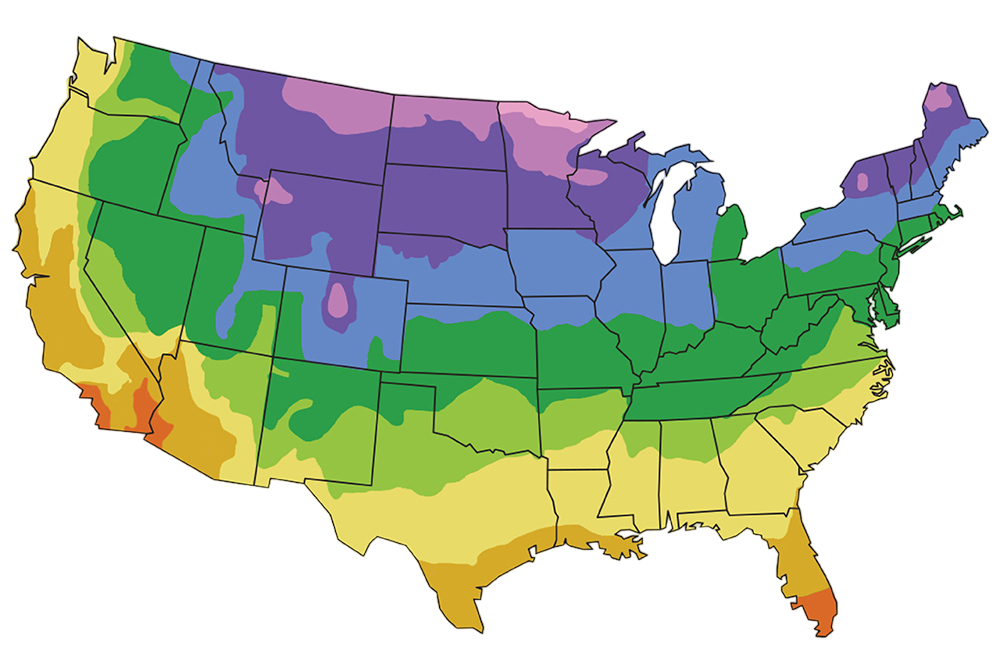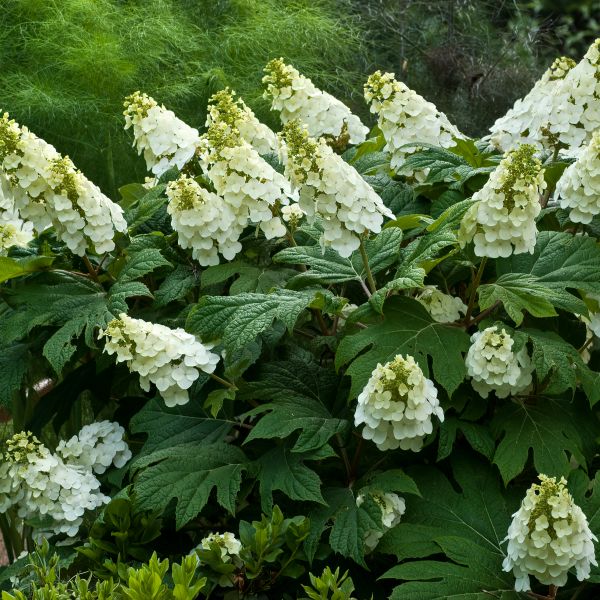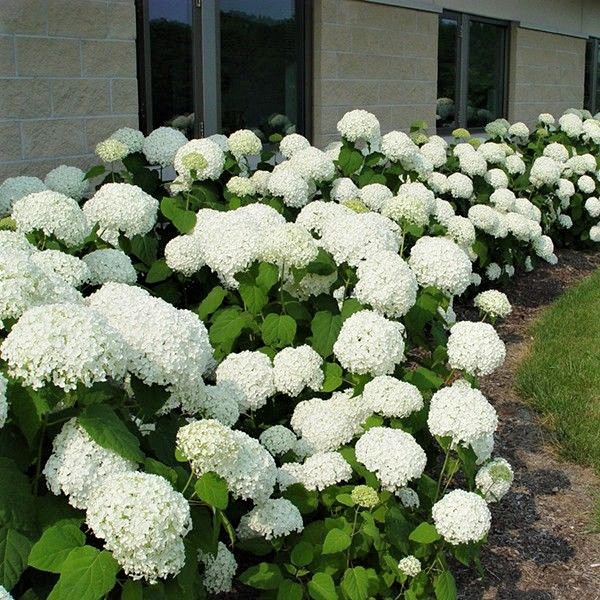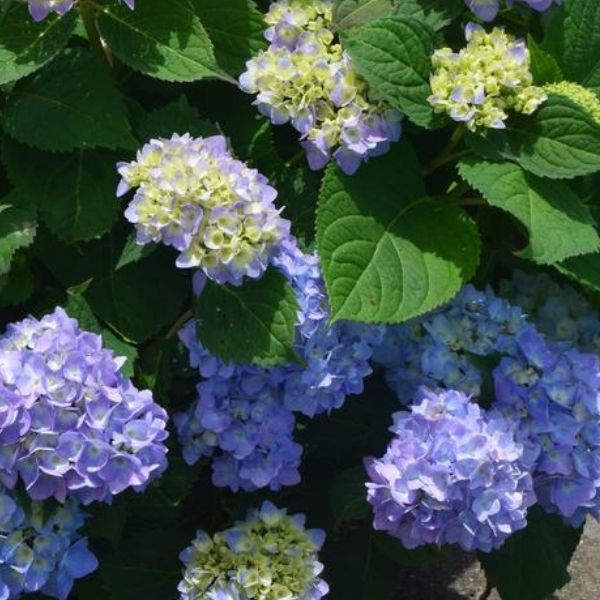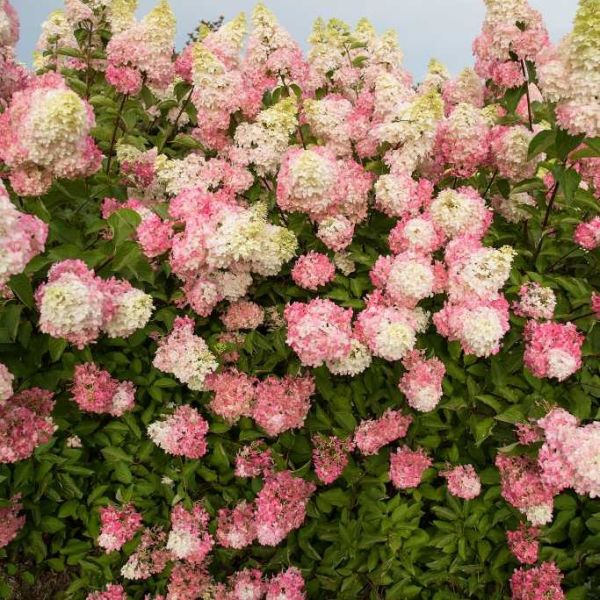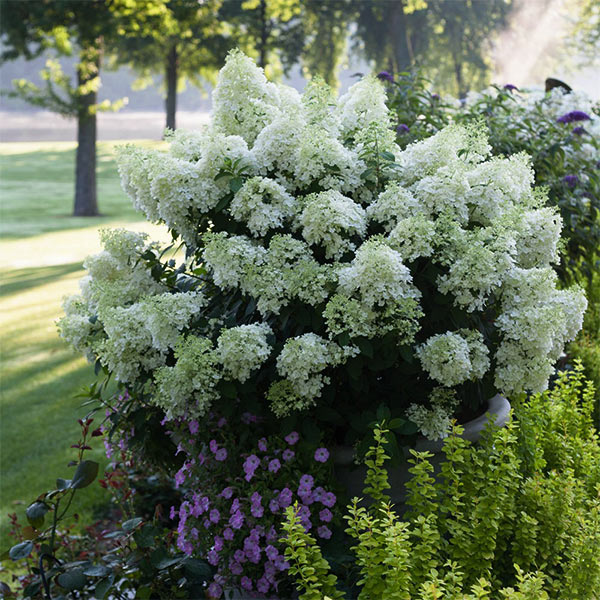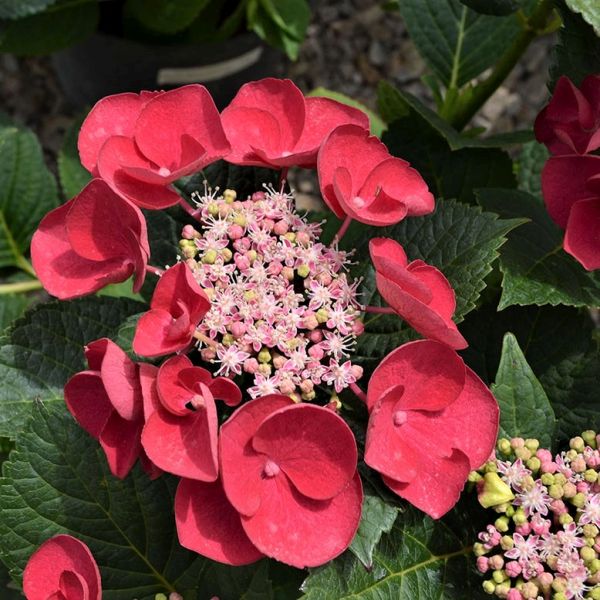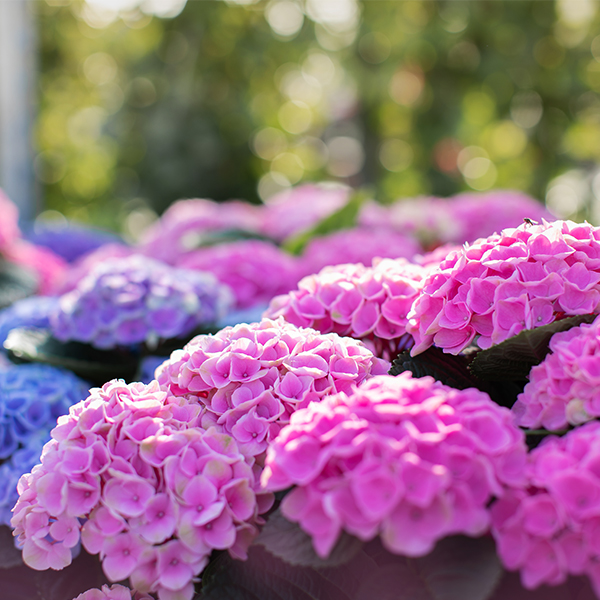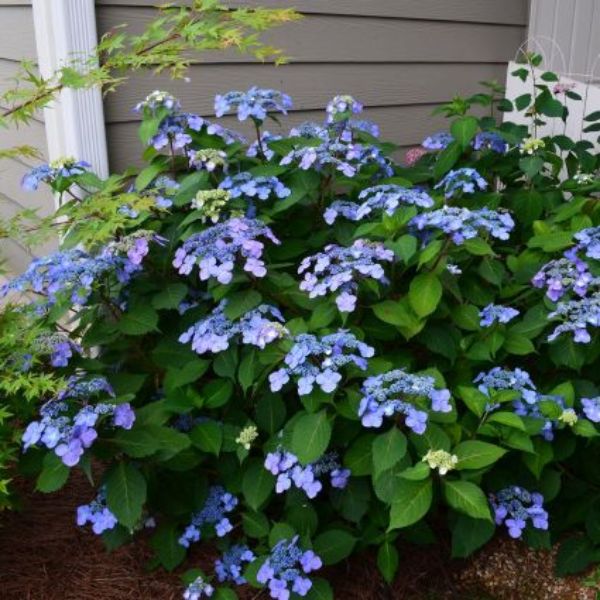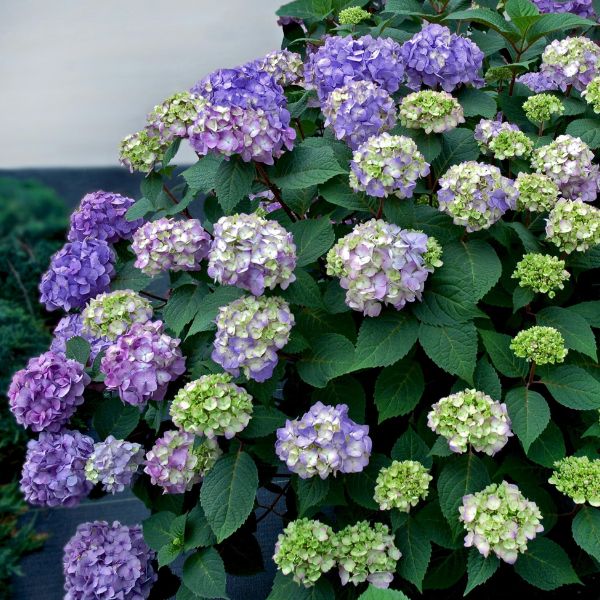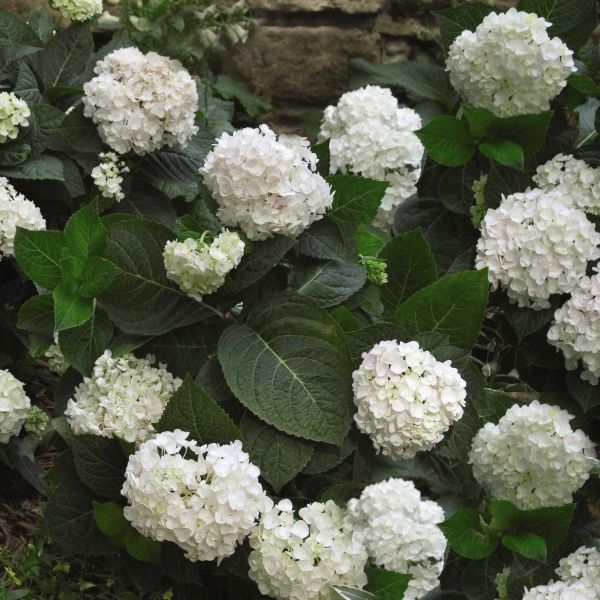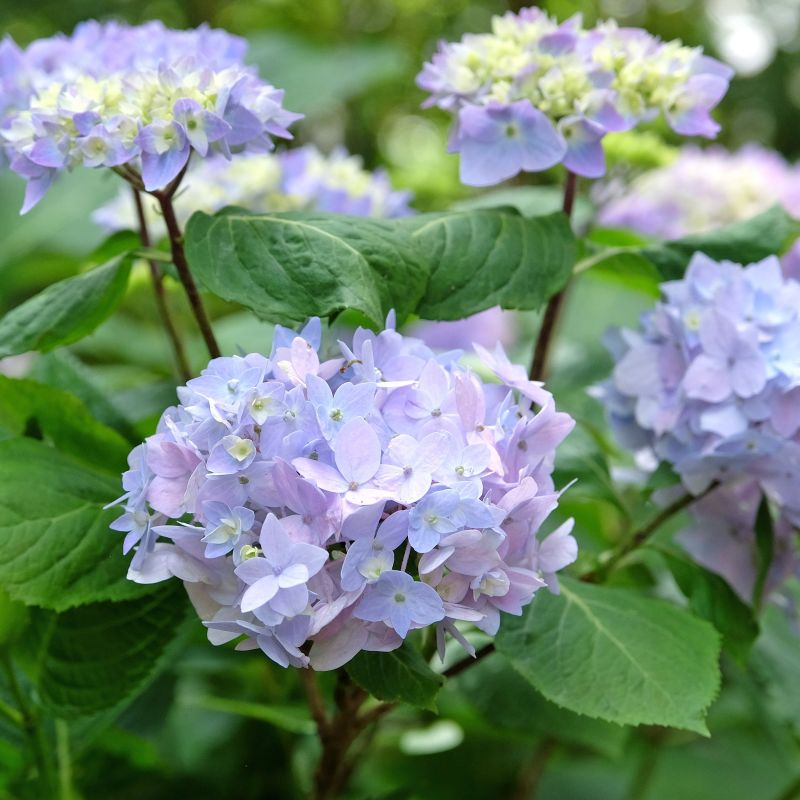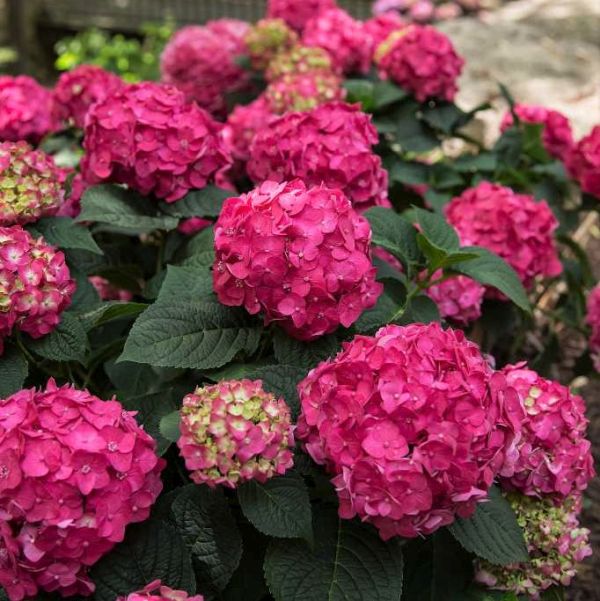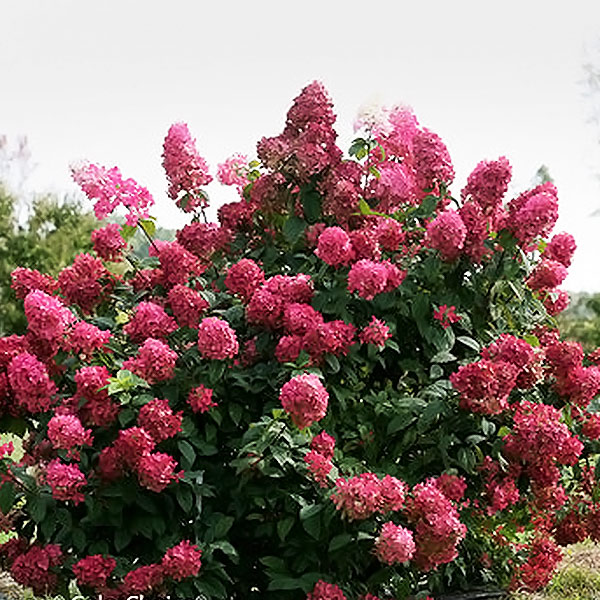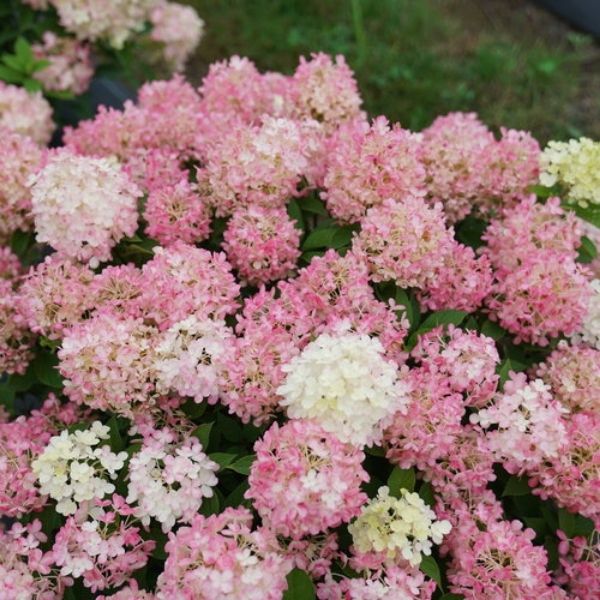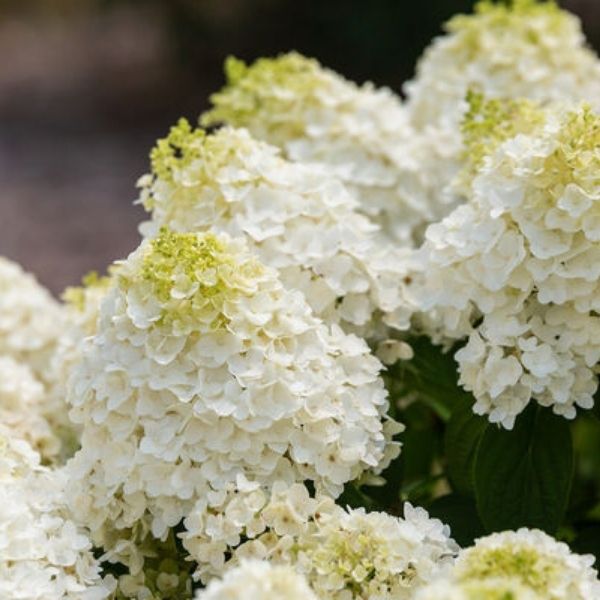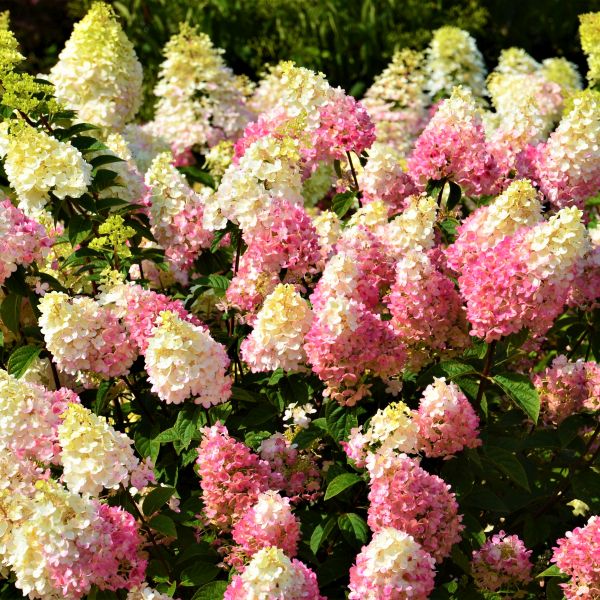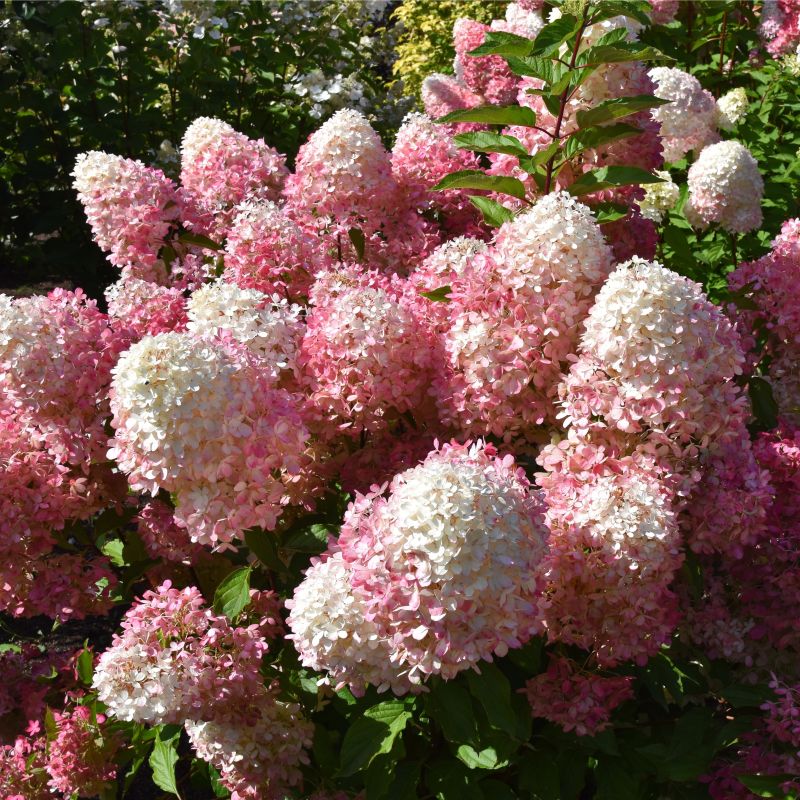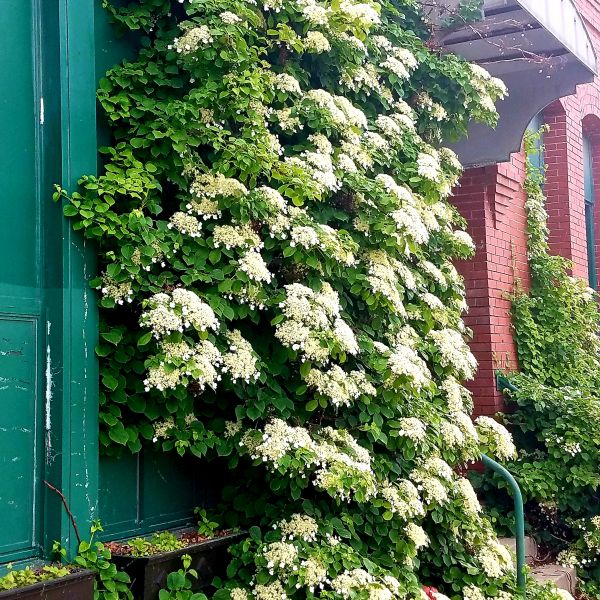
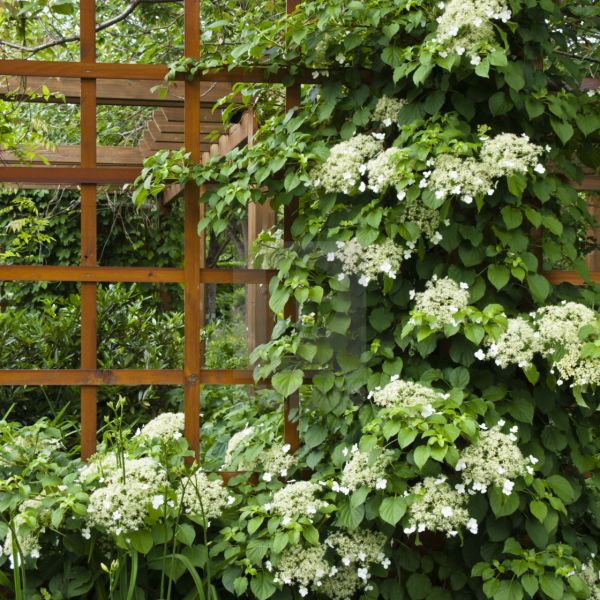
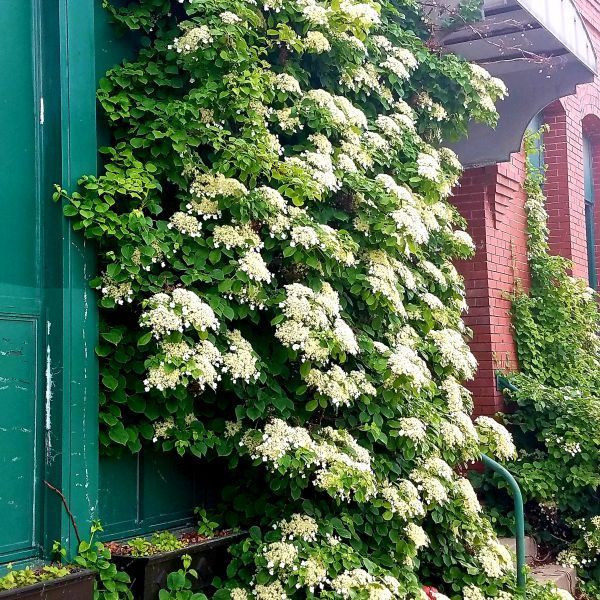
Climbing Hydrangea
Hydrangea anomala subsp. petiolaris
15 reviews
Climbing Hydrangea
Hydrangea anomala subsp. petiolaris
15 reviews
- Beautiful, large, showy clusters of flowers
- Adaptable to different light conditions
- Attractive foliage that changes color throughout the seasons
- Recommended by landscape designers for optimal fit in real yards
$77.00
$110.00
30% Off
- Ships to 43215 in 3 to 7 days
- Free Shipping Over $150
- Plant Arrival Guarantee
- In Stock
- Free Plant Consult
$200 - Landscape-Approved: Every Plant We Sell Comes With Design Expertise Behind It
- 1 Gallon
- 2.5 Gallon
Not just beautiful - intentionally selected by ShrubHub's 3D landscape design team to fit real-world spaces and maximize yard potential.
Why Climbing Hydrangea?
Climbing hydrangea is a popular and attractive vine that can cling to walls, fences, and trellises to provide a beautiful and natural backdrop to any garden or landscape. Unlike other hydrangeas, this species can tolerate shade and is drought tolerant. It produces clusters of fragrant white flowers in the summer, which can attract bees and butterflies. The glossy, dark-green leaves turn a beautiful yellow color in the fall.
People who loved this plant also bought
Sunlight
Climbing Hydrangea requires partial to full shade, making it a suitable choice for shaded or north-facing walls.
Watering
Climbing Hydrangea requires regular watering, especially during periods of dry weather. The soil should be kept consistently moist but not waterlogged. Adequate watering plays a crucial role in promoting healthy growth and blooming of the Climbing Hydrange
Fertilizing
Climbing Hydrangeas generally require a balanced, slow-release fertilizer that is applied in early spring. The fertilizer should have equal parts of nitrogen, phosphorus, and potassium, such as a 10-10-10 formulation, to promote healthy growth and flowerin
Behold the botanical acrobat, the Climbing Hydrangea (Hydrangea anomala petiolaris), ready to take your garden to new heights with its awe-inspiring feats of greenery. This vining wonder will mesmerize you with its aerial displays, transforming walls and fences into living canvases of floral artistry.
Watch in awe as the Climbing Hydrangea's heart-shaped leaves cling gracefully to surfaces, scaling heights with the agility of a seasoned performer. This natural trapeze artist effortlessly covers vertical spaces, draping them in a lush tapestry of greenery that invites admiration from all who encounter its breathtaking act.
A star of adaptability, this Hydrangea maestro thrives in both sun and shade, showcasing its green prowess in diverse conditions. Whether it's a sunny spot or a shady nook, this versatile performer graces the stage with its lush foliage and occasional clusters of delicate, white lacecap blooms.
With a flair for drama, the Climbing Hydrangea brings a touch of vintage elegance to your garden's architectural elements. Its clinging embrace transforms even the most ordinary structures into botanical showpieces, adding a touch of classic charm to your outdoor sanctuary.
Tend to this green virtuoso with gentle care, offering a supportive trellis or structure to guide its ascent. As it scales new heights, occasional pruning will keep its aerial performances in check, ensuring a well-balanced act of floral beauty.
Enchant your garden with the grace and versatility of the Climbing Hydrangea. Watch as it paints vertical surfaces with its lush green brushstrokes, transforming your landscape into a living work of art. Let this botanical acrobat dazzle you with its enchanting performances, as it reaches for the sky and leaves you in awe of its timeless elegance.
Plant Information:
| Botanical Name: | Hydrangea anomala subsp. petiolaris |
| USDA Zones: | 4 - 10 |
| Water: | Moderate |
| Exposure: | Full Shade |
| Soil Needs: | Widely Adaptable |
| Mature Height: | 30 - 40 feet |
| Mature Spread: | 5 - 6 feet |
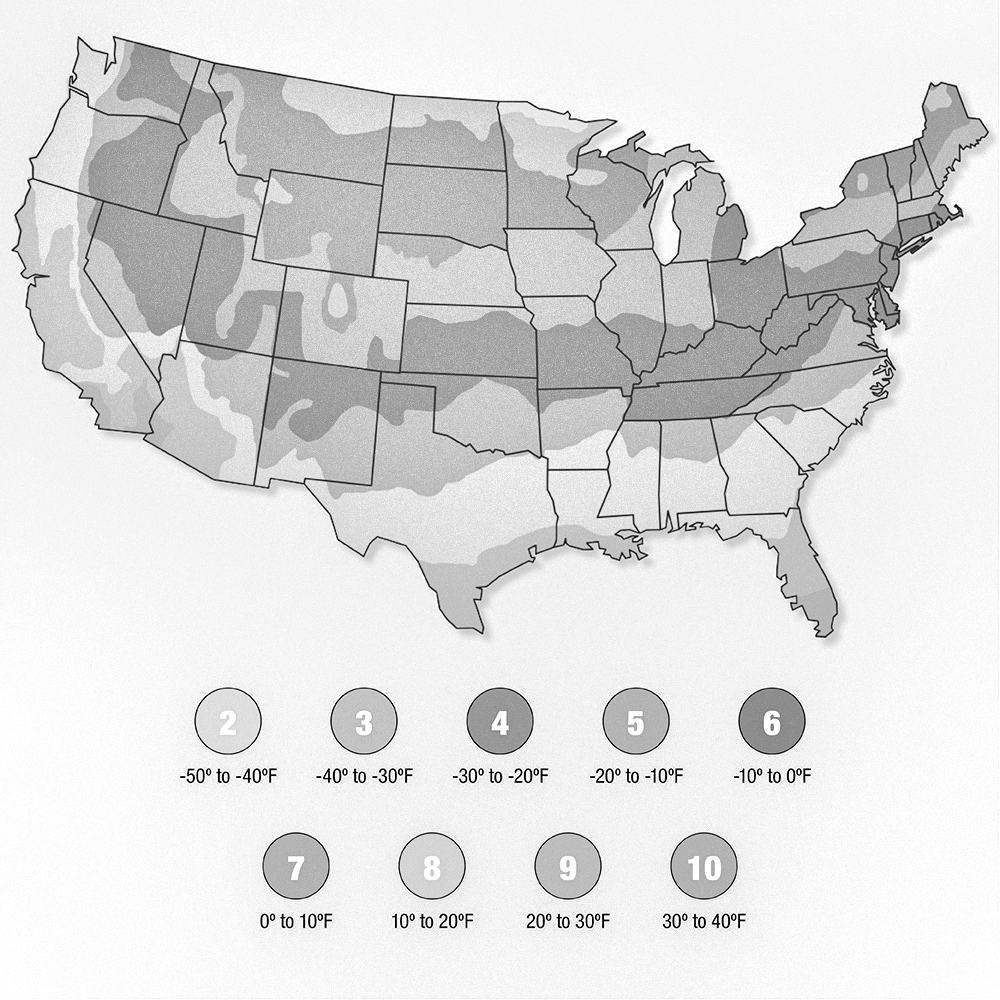

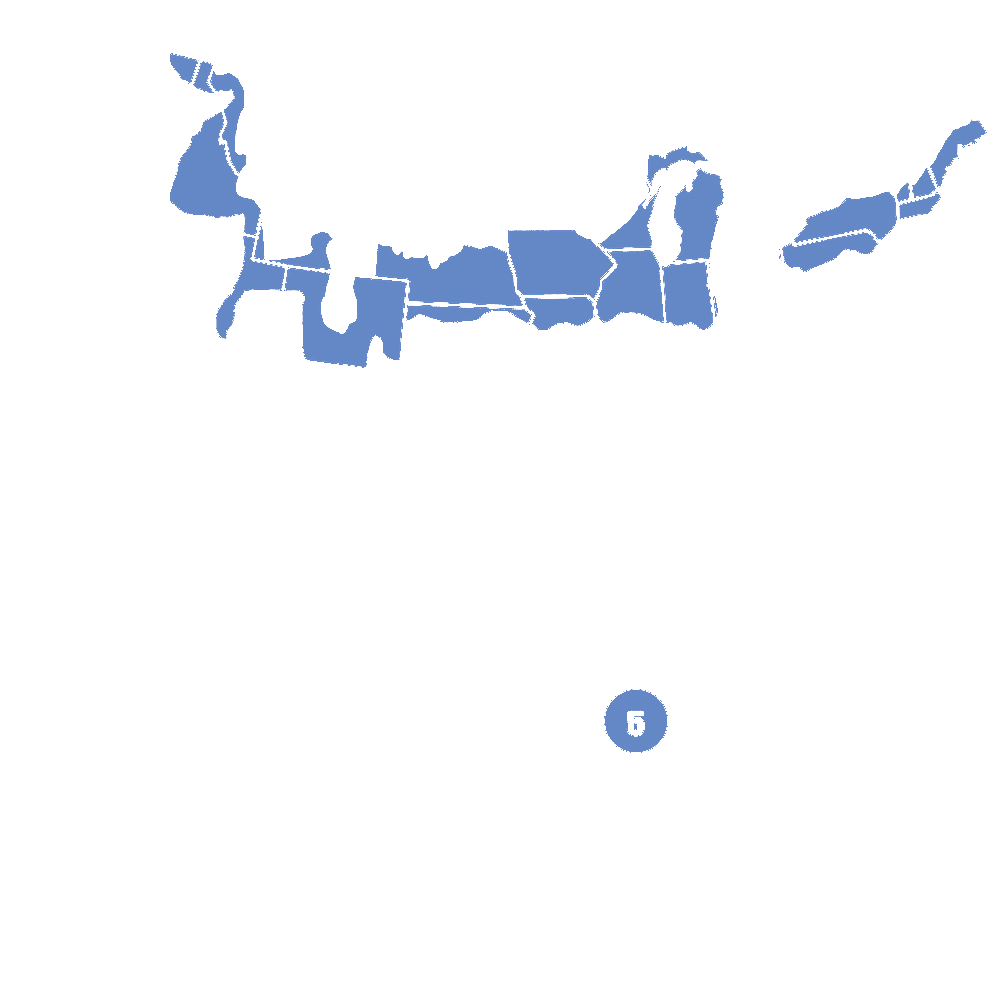
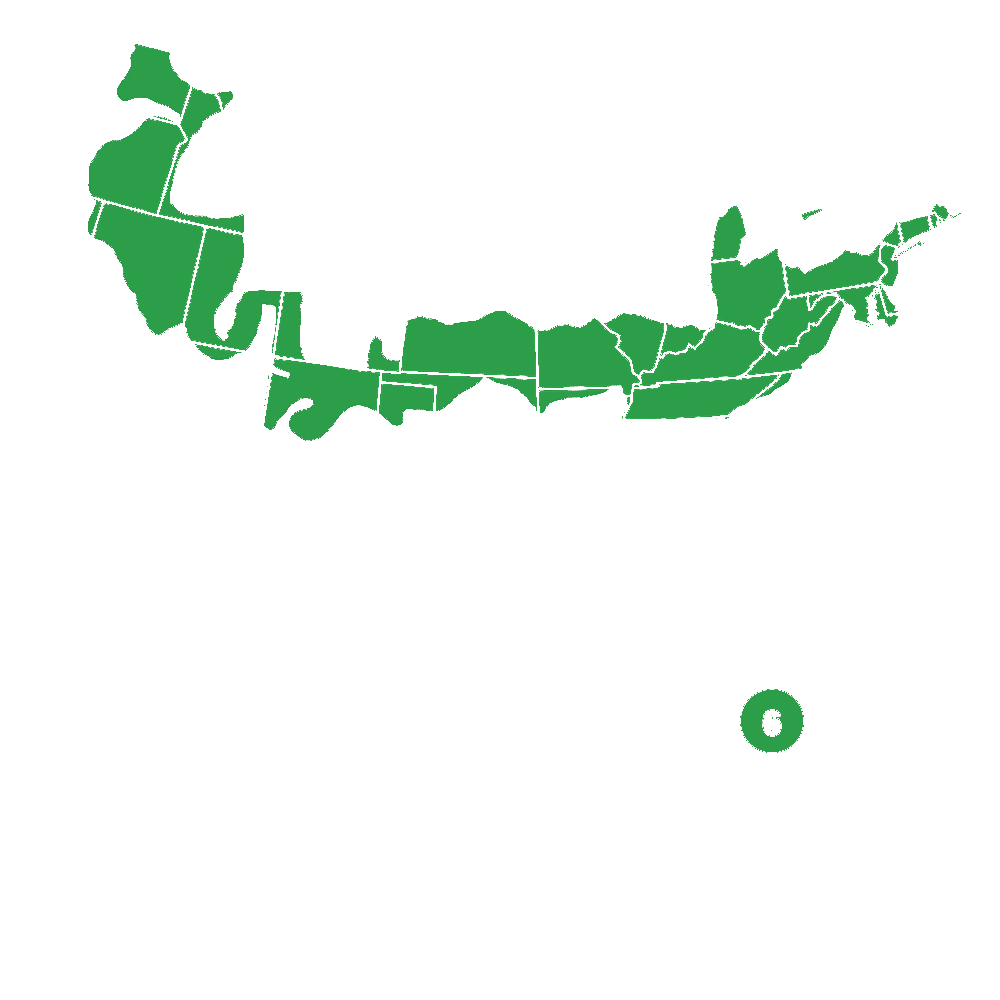

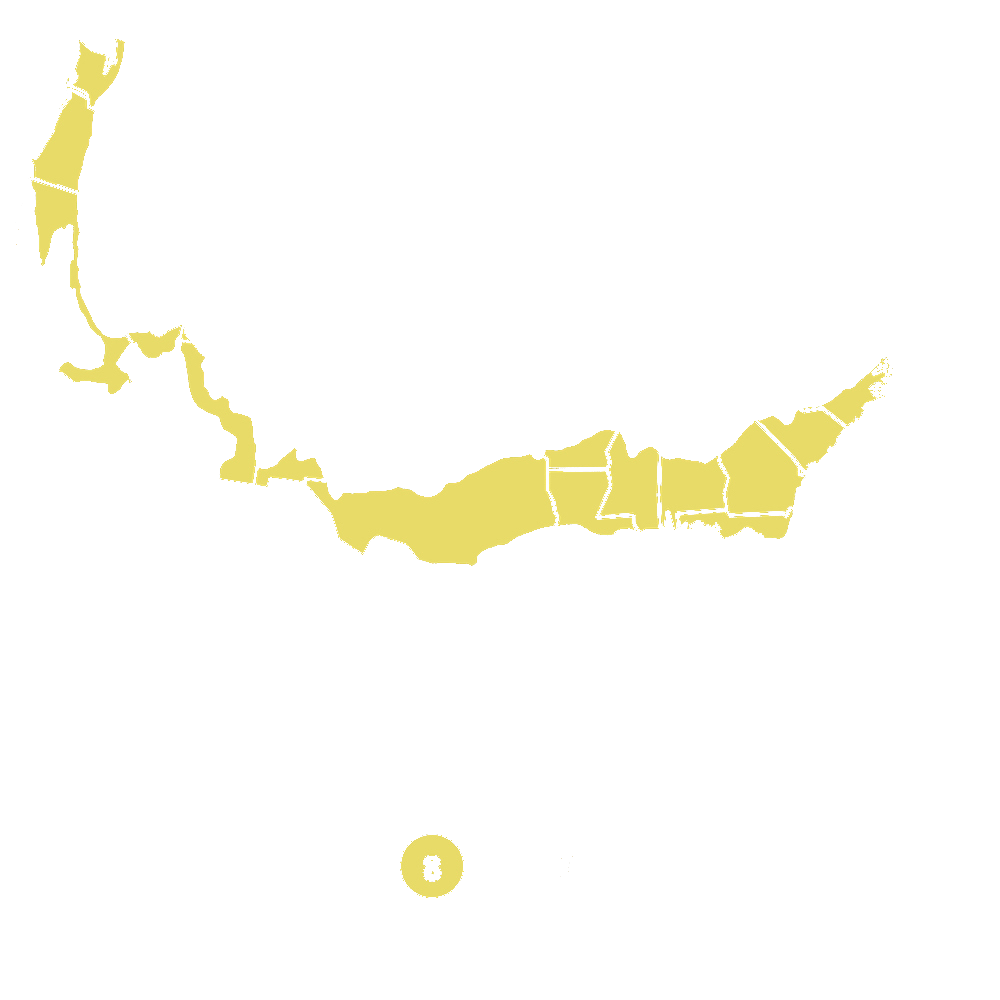


Pollination Info
Pollination Info for Climbing Hydrangea (Hydrangea anomala subsp. petiolaris)
Climbing hydrangea is a self-fertile plant, meaning that it is capable of pollinating itself.
However, the climbing hydrangea is known to attract bees, butterflies, and other pollinating insects with its showy white flowers, which are rich in nectar and pollen.
In the wild, climbing hydrangea is pollinated by bees and other insects that are attracted to its flowers. These insects transfer pollen from flower to flower as they feed on nectar and collect pollen.
If you are growing climbing hydrangea in your garden, you can help promote pollination by planting other types of plants that attract pollinators or by providing nesting habitats for bees and other insects.
FAQ
Climbing Hydrangea (Hydrangea anomala subsp. petiolaris) FAQ
What is Climbing Hydrangea?
Climbing Hydrangea is a deciduous vine that is native to Asia. It features fragrant white blooms in the spring and summer, and its foliage turns yellow in the fall.
How does Climbing Hydrangea grow?
Climbing Hydrangea grows up to 80 feet long and can attach itself to walls, fences, and other surfaces with small roots that emerge along the stems. It prefers partial shade and moist, well-drained soil.
When does Climbing Hydrangea bloom?
Climbing Hydrangea typically blooms in late spring to early summer, producing clusters of fragrant white flowers with yellow centers.
How do I care for Climbing Hydrangea?
Climbing Hydrangea requires minimal care once established. It should be pruned in the fall or winter to control its size and shape. Water it regularly during periods of drought and fertilize it once a year in the spring with a balanced fertilizer.
Can Climbing Hydrangea be grown in a container?
Yes, Climbing Hydrangea can be grown in a container, but it may not climb as well as it would in the ground. Ensure the container is large enough for the vine to grow and that it has a trellis or support to climb on.
Is Climbing Hydrangea invasive?
Climbing Hydrangea is not considered invasive, but it can become aggressive and grow onto nearby structures if not pruned regularly.
Planting & Care
Planting:
Climbing hydrangeas prefer well-draining soil, but can tolerate a range of soil types. Choose a spot with partial to full shade, as the plant does not thrive in direct sunlight. Dig a hole twice the size of the root ball and backfill with organic compost or topsoil. Water thoroughly after planting.
Care:
Water regularly, especially during hot, dry weather. Climbing hydrangeas do not require much pruning, but can be trimmed after flowering to shape the plant or control its size. Fertilize in the spring with a slow-release fertilizer or compost. Mulch around the base of the plant to retain moisture and suppress weeds.
Climbing hydrangeas attach themselves to surfaces with aerial roots, but may need some initial support when first planted. They can grow up to 80 feet tall, so make sure to plant them near a structure or tree that can support their weight.
Check Out These Verified Customer Reviews:
Customer Reviews
4.7 out of 5 based on 15 reviews
Thank you! Your review has been submitted.
Fast and secure shipment.
Healthy and well-conditioned plant.
Customer service was helpful in answering my questions about the climbing hydrangea.
Item has been added to your cart.

